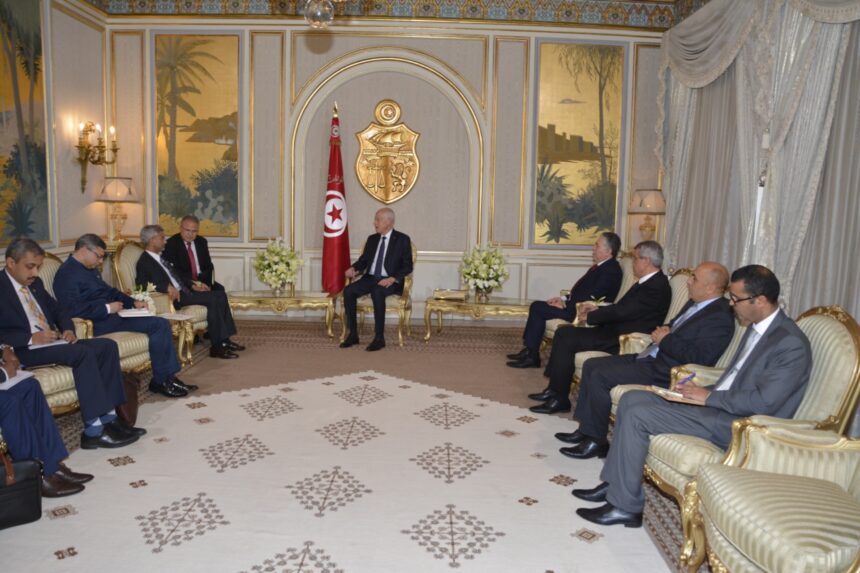Summary by Geopolist | Istanbul Center for Geopolitics:
The article provides a detailed analysis of President Kaïs Saïed’s overhaul of Tunisia’s local governance structures following his consolidation of power in July 2021. After suspending and dissolving parliament, Saïed targeted the 350 municipal councils that represented the last vestiges of local democratic governance. These councils, established in 2018 under the 2014 democratic constitution, were meant to support decentralization, a process aimed at addressing regional inequalities and empowering local entities. However, Saïed viewed these councils as threats, labelling them “states within a state” and undermining their role.
One of his initial steps after the 2021 power grab was to abolish the Ministry of Local Affairs, a key institution overseeing decentralization, and transfer oversight back to the Ministry of Interior, a move reminiscent of the autocratic Ben Ali regime. This centralization culminated in the complete dissolution of the municipal councils in March 2023 by presidential decree. The newly created local councils, which replaced the former municipalities, are governed by vague laws that offer little clarity on their powers or responsibilities.
Saïed’s reforms were guided by his vision of “direct democracy,” which bypasses traditional democratic institutions like political parties and instead aims to build governance structures from the local level upwards. In his proposed system, local councils elect regional councils, which in turn elect a National Council of Regions and Territories to represent local interests in a new bicameral parliament. However, this so-called “grassroots system” remains largely underdeveloped, with local councils serving only as consultative bodies that lack financial and administrative independence.
The article notes that the December 2023 local elections, which were supposed to signal the new governance era, were marred by extremely low turnout (12%), bans on political parties, and minimal female representation. The new system has significantly rolled back the progress made since 2011 in terms of local autonomy, democratic participation, and gender parity. The regional councils are selected by a lottery from local councils and have a rotating membership, further weakening their effectiveness.
In essence, the decentralization Saïed dismantled was one of the key achievements of Tunisia’s post-2011 democratic transition, aiming to empower local communities and ensure more responsive governance. The replacement system Saïed is building is vague, centralized, and lacks legitimacy, creating a governance structure that mirrors Tunisia’s authoritarian past rather than the democratic future envisioned by the 2014 constitution. Critics argue that instead of bringing decision-making closer to the people, Saïed’s system reverts to an opaque and autocratic framework, undermining citizen participation and local development.
Read the full article here.







